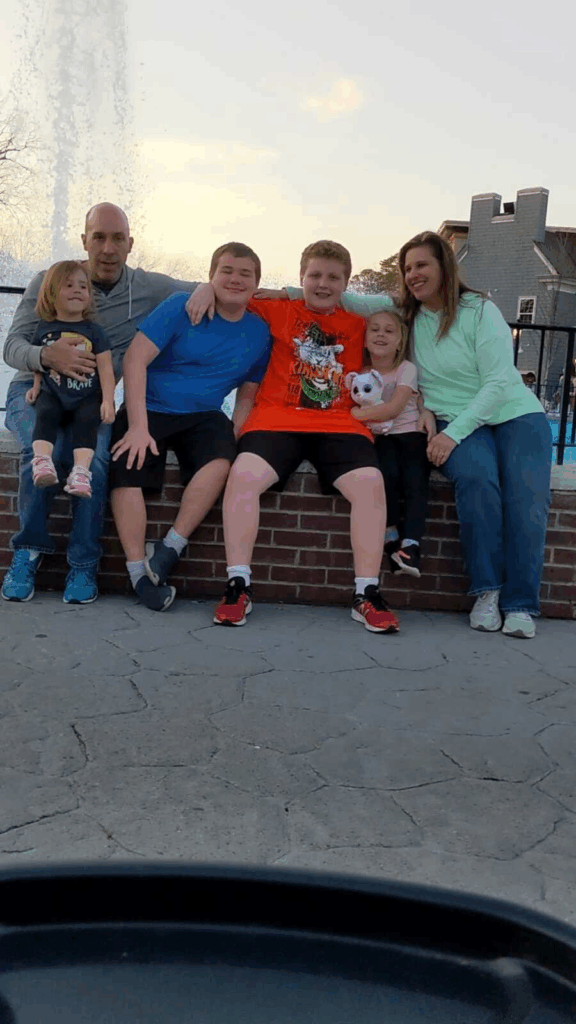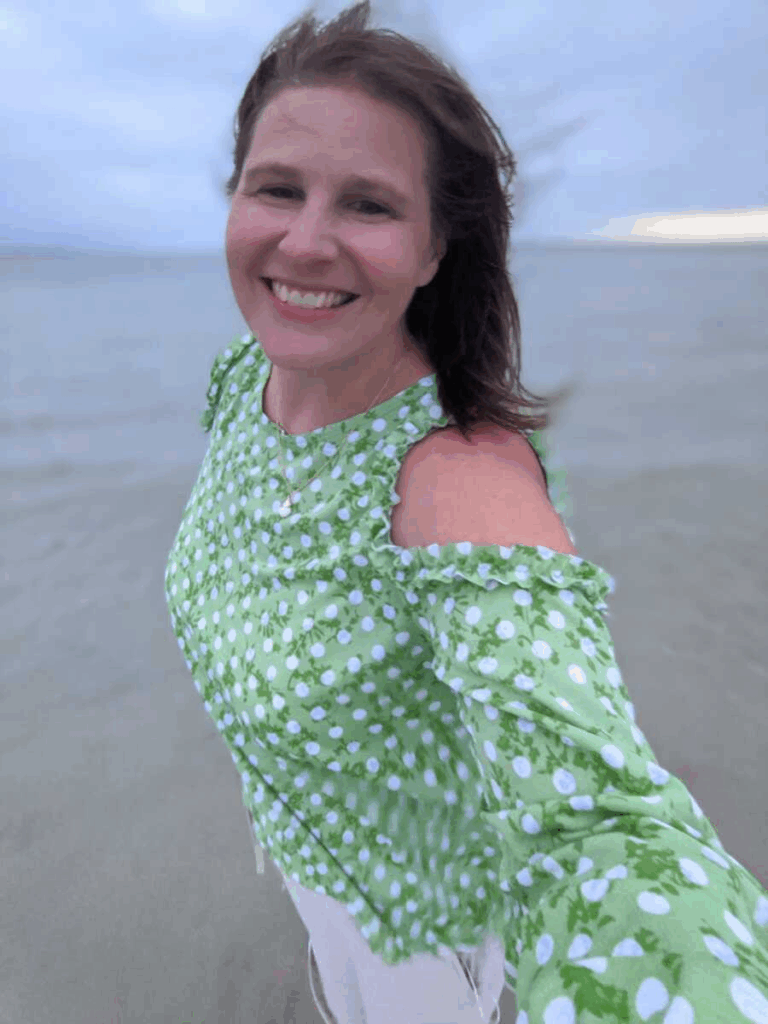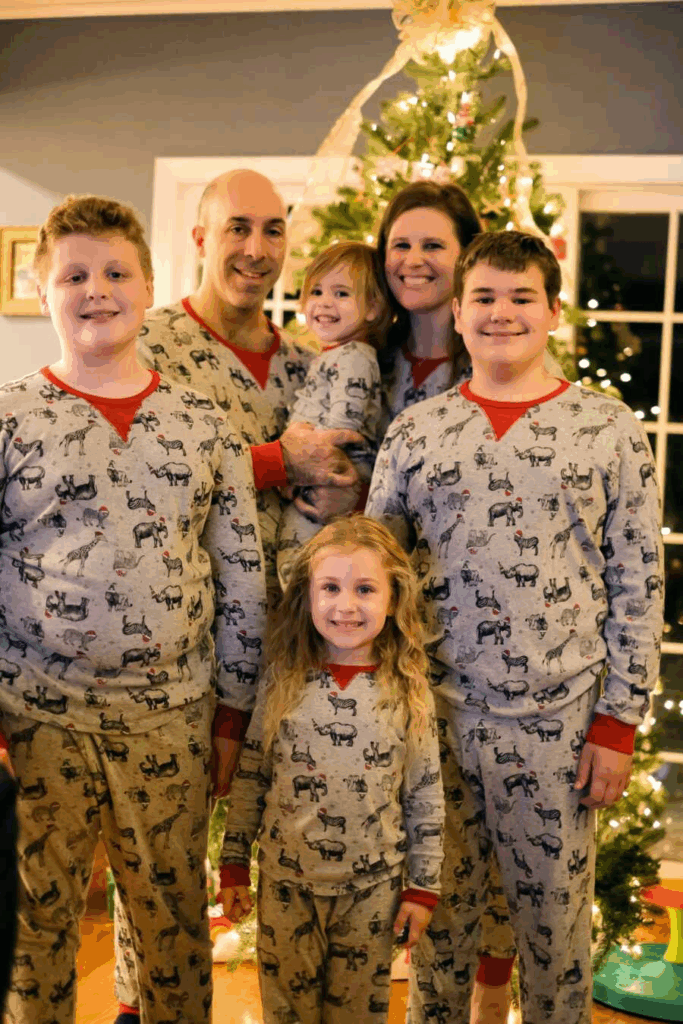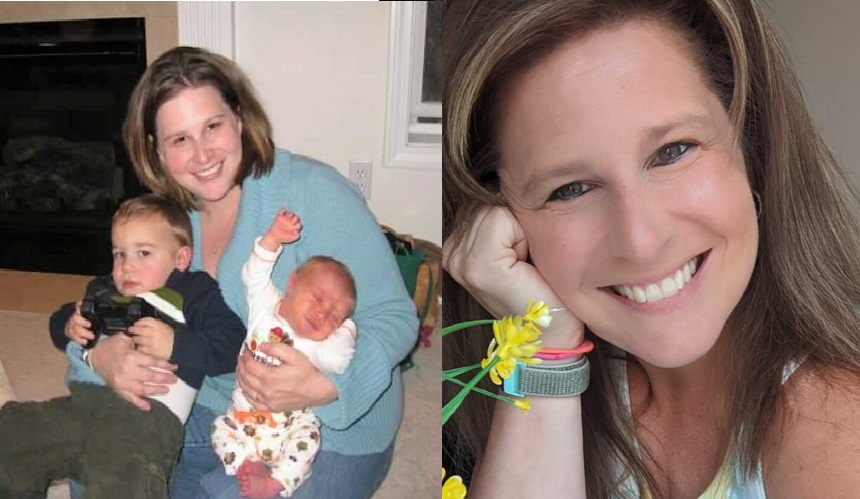She isn’t chasing perfection anymore; she’s choosing better, one honest day at a time. Kerri always imagined a big, noisy house. She grew up as an only child and dreamed of being a mom to many. At 25, she fell in love with a man she believed was her forever partner. They settled into life, waited a few years, and started trying for a baby.

After a year and a half, she learned she was pregnant just as she finished her degree. It felt like perfect timing. Nine months later, her son arrived, and everything in her life shifted. The first months were hard, but she knew she wanted another child by the time he was six months old. Her husband agreed, and they tried again. She became pregnant quickly, and they began sharing the news with family and close friends. Then she started to bleed during a car ride. Fear sank in. She hid in the bathroom at their destination while her husband took their toddler outside.

The long drive back to the emergency room felt endless. There, a doctor spoke in a flat voice about miscarriage and lab tests. She couldn’t say the words herself, so her husband called their families. Her obstetrician confirmed it days later. They paused, trying to give themselves time to grieve. When they tried again, she conceived within a month. She had left her job to be home with her son, and the pregnancy started smoothly. Around six months in, the ground shifted: her husband pulled away and said he was unhappy.

The words knocked her flat. She slid into depression, and some physical complications made the final stretch of pregnancy rough. Her second son was born healthy, but everything around her felt like it was falling apart. Months later, in a dark moment, she threatened to harm herself and spent five days in a psychiatric ward. Her husband promised support, but that promise didn’t hold when she came home. They separated two months later, three days before her birthday. She was 32, with two little boys, no job, and a broken marriage. Friends were getting married and announcing pregnancies while she could barely see past the fog of her own pain.
She coped by eating. Cookies, chips, and drive-through meals numbed the feelings. She pieced together part-time jobs and sometimes slept at a friend’s house because the drive to her parents’ place was too far. She had struggled with her weight before and was soon heavier than ever. She knew she wasn’t taking care of herself and, for a while, didn’t care to. One day, she looked in the mirror and couldn’t stand what she saw, not just her body, but the tiredness in her eyes. Something had to change. That moment was in 2012, the start of a long turning point.

A decade later, Kerri is remarried to a kind man. They’ve added two daughters to the family. Life is imperfect—there are bumps, tears, and messy days, but it’s honest and grateful. She understands more at 44 than she did at 32. The path forward came through therapy, and it took time to find the right fit. She learned it’s okay not to be OK and to go back when needed. She let go of what she could not control and stopped carrying all the blame for her divorce. She leaned hard on the friendships that held her up when she could not stand alone.

She began caring for her mind and body: asking why she binged, moving a little each day, running until running stopped feeling good, then shifting to home workouts. She found a community of women who encouraged her without judgment. Through it all, she learned what defines her and what doesn’t. A partner, a child, a dress size, or a number on a scale do not measure her worth. Food, alcohol, or any quick fix won’t solve real pain. Caring for herself means nourishing meals, steady movement, small prayers, and gentleness toward her heart. She is enough as she is, and because she is sufficient, she chooses habits that keep her mind, body, and spirit well.
She shares her story so other women feel less alone. She knows how easy it is to put yourself last and call it love. But when she does that, nobody gets her best, not her children, spouse, or herself. She’s set down the old shame and guilt. The journey continues, with more self-respect and more compassion than before.












